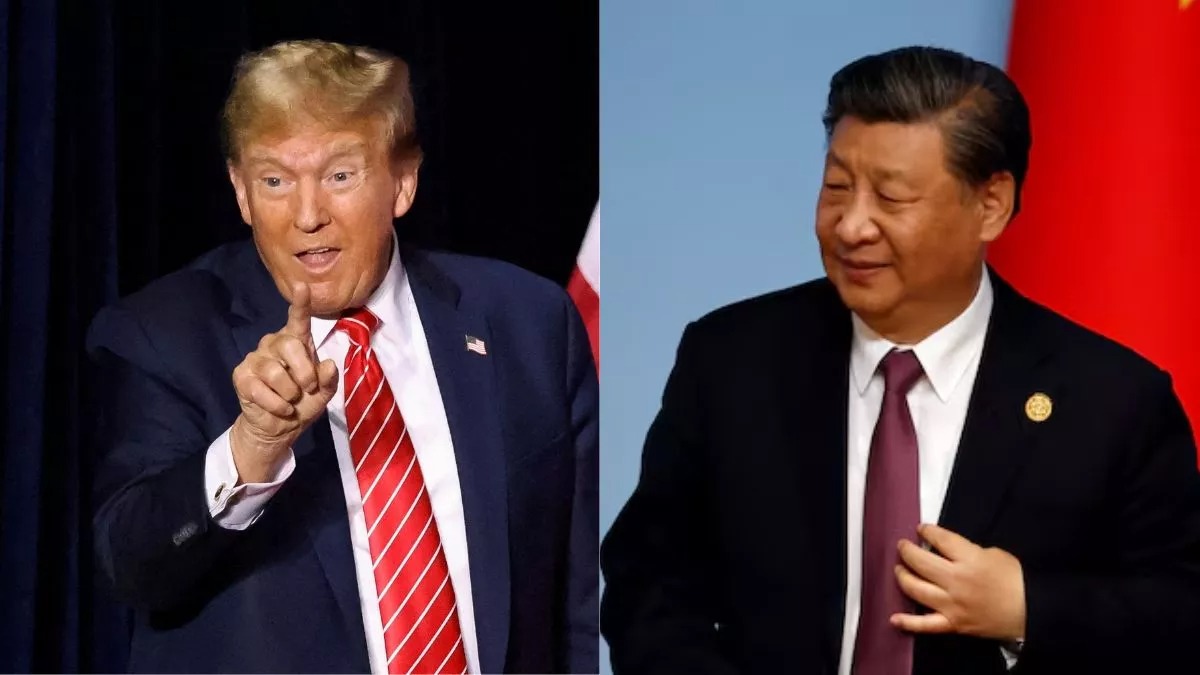
Tech billionaire Elon Musk and Indian-origin entrepreneur Vivek Ramaswamy will be the biggest threat to China, a Chinese government policy adviser believes. He said the big changes Trump is planning with a new department headed by the two is the biggest threat to China as it will have to compete with a much more efficient US political system.
There will be pressure on other countries as well
Speaking at the Baichuan Forum organised by the Institute for International Affairs (IIA) on Saturday, Zheng, dean of the School of Public Policy at the Shenzhen campus of the Chinese University of Hong Kong, said, "A more efficient US political system will put huge pressure on China's current system. Of course, the pressure is not just limited to China, but also to other countries, especially Europe."
It is noteworthy that Donald Trump nominated Musk and Ramaswami to lead the new Department of Government Efficiency (DOGE) for his second term as President. Under this, both of them have planned to eliminate thousands of regulations and reduce the number of government employees.
'America will develop a competitive system'
"In the medium to long term, the biggest pressure on China may come from changes within the US," Zheng said. Zheng said that if Trump succeeds in his efforts to change the government, the US will develop a new, more competitive system.
He said he thinks we should not underestimate the institutional reforms prioritised by people like Musk, according to the Hong Kong-based South China Morning Post. China is preparing on several fronts for Trump's second term, which begins on January 20 next year, including threatening to raise tariffs by 60 per cent on its more than USD 427 billion of annual exports to the US.
Conflict may increase on these issues
Trump, who took a tough stance against China during his previous term, is expected to strengthen measures against Beijing on various global fronts, including Taiwan and the South China Sea. China considers Taiwan as part of its mainland and claims ownership over most of the South China Sea.
Read More: Did Iran send a secret proposal to the US to prevent war? Reports make a serious claim.
--Advertisement--

 Share
Share



